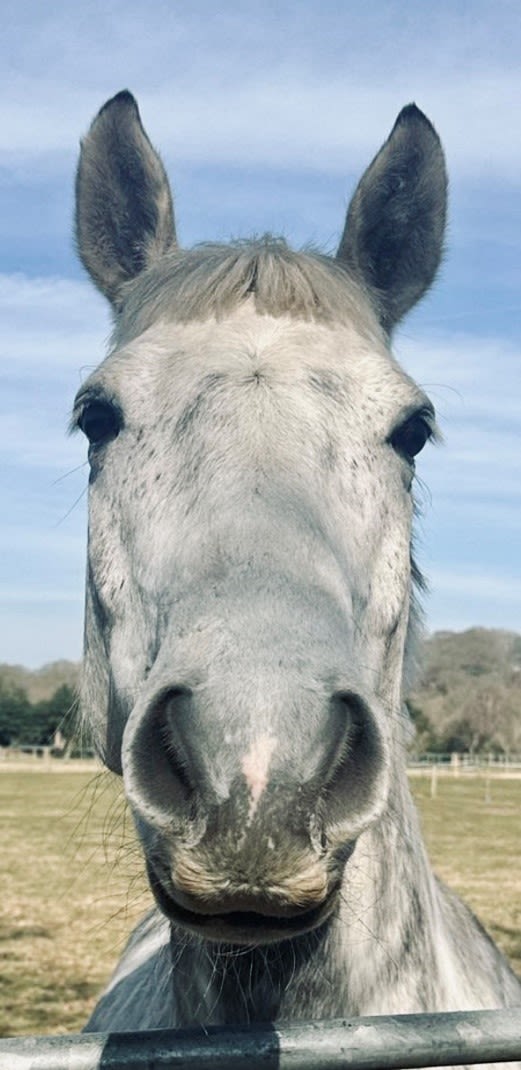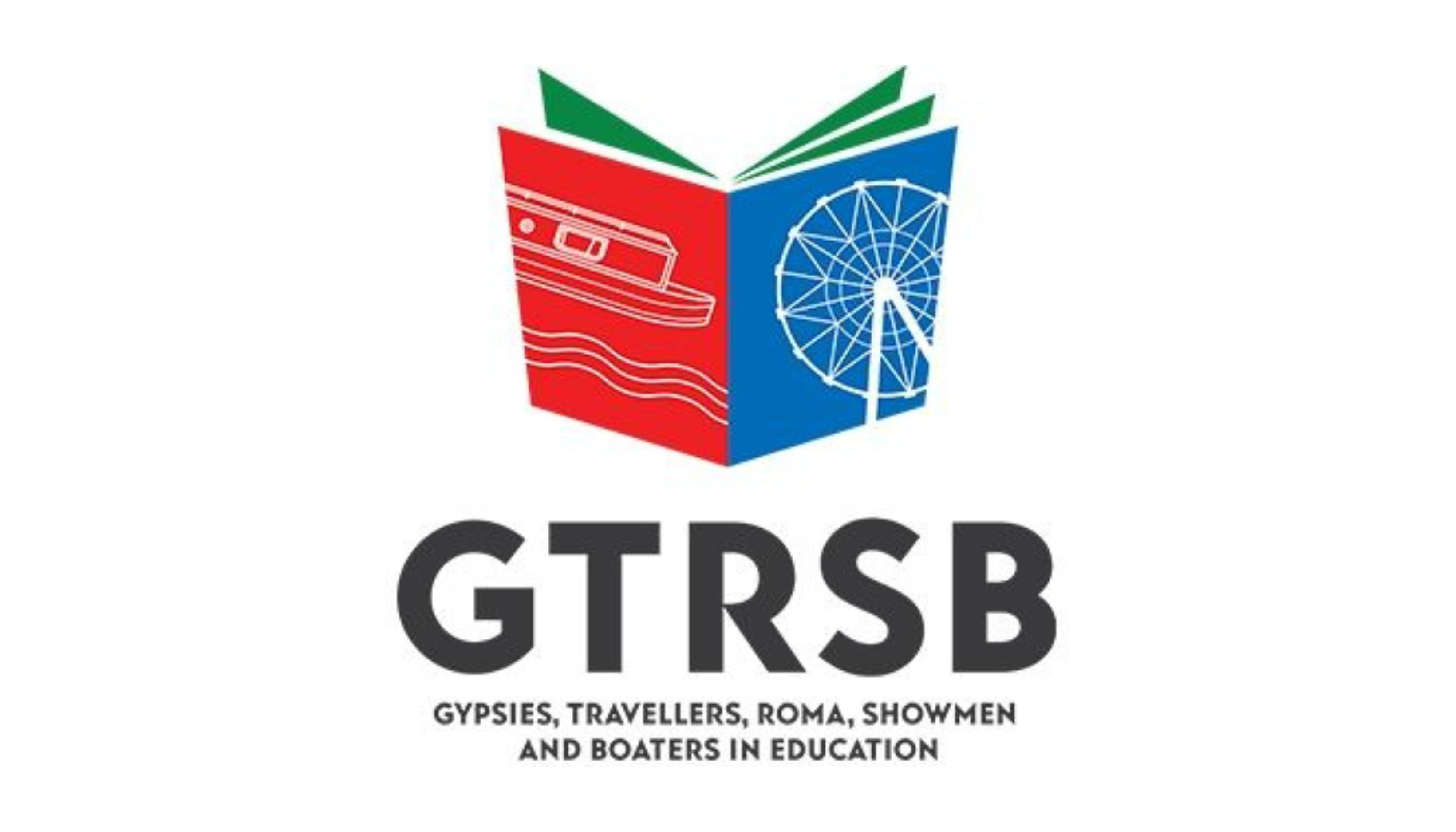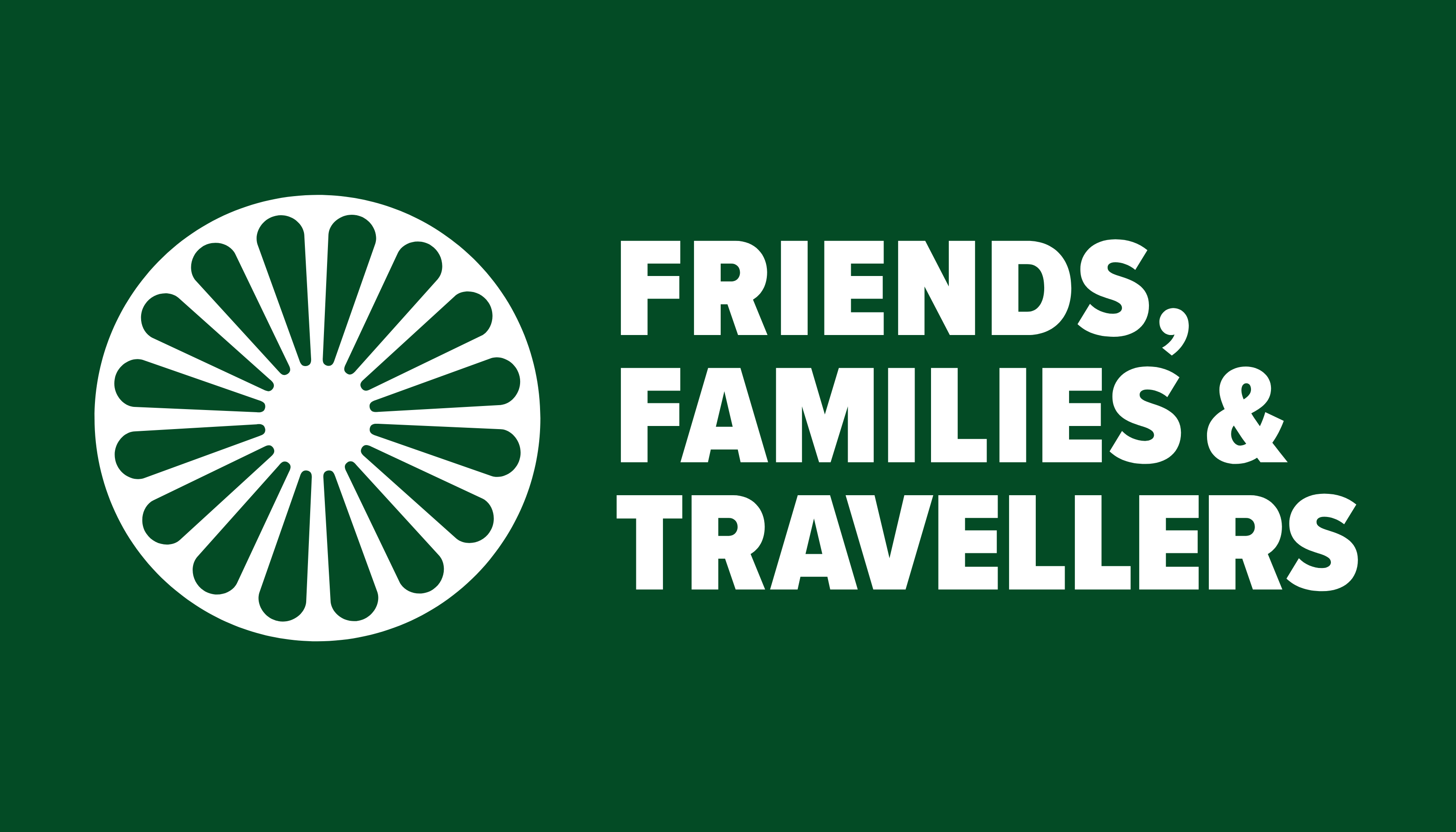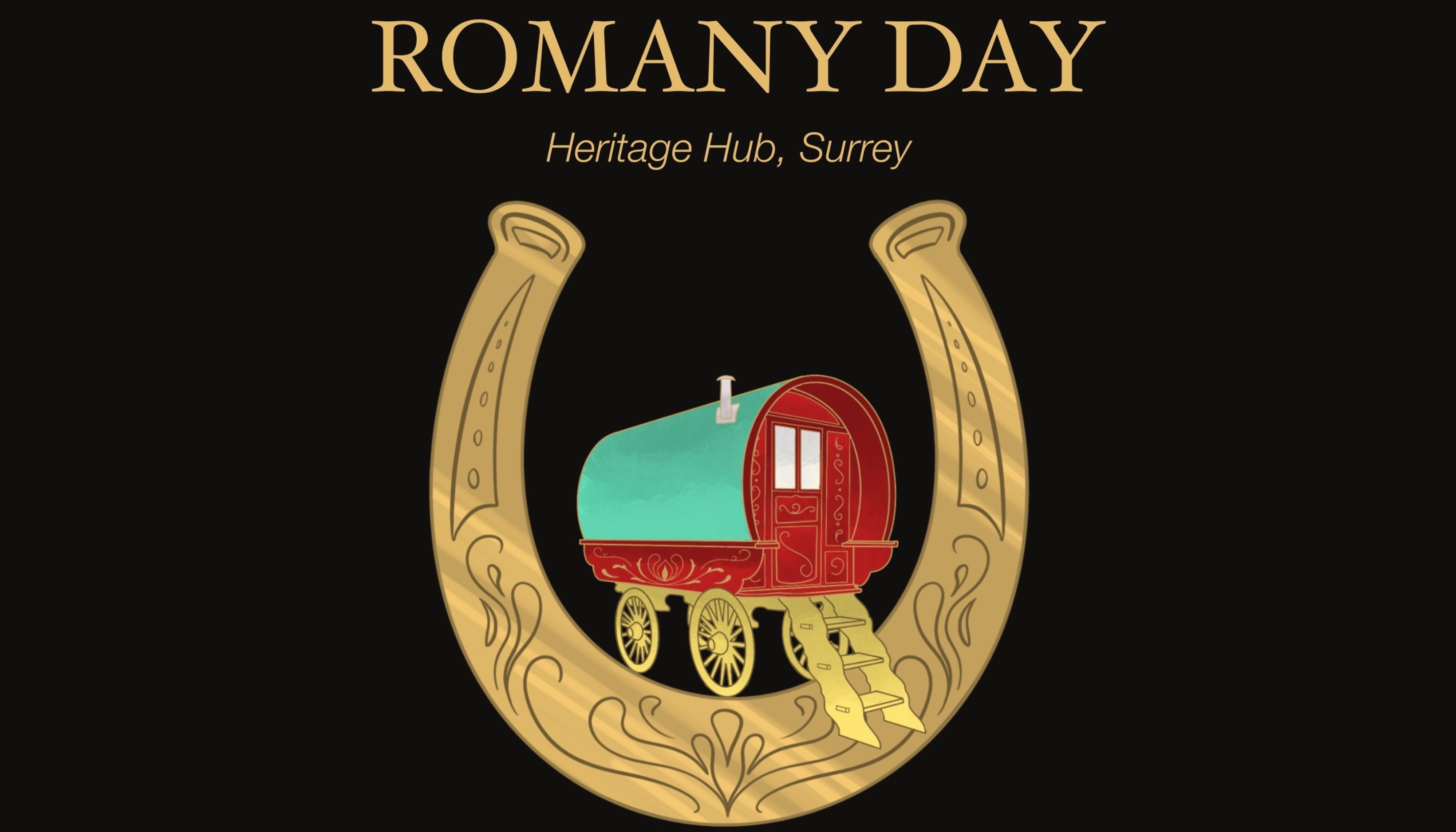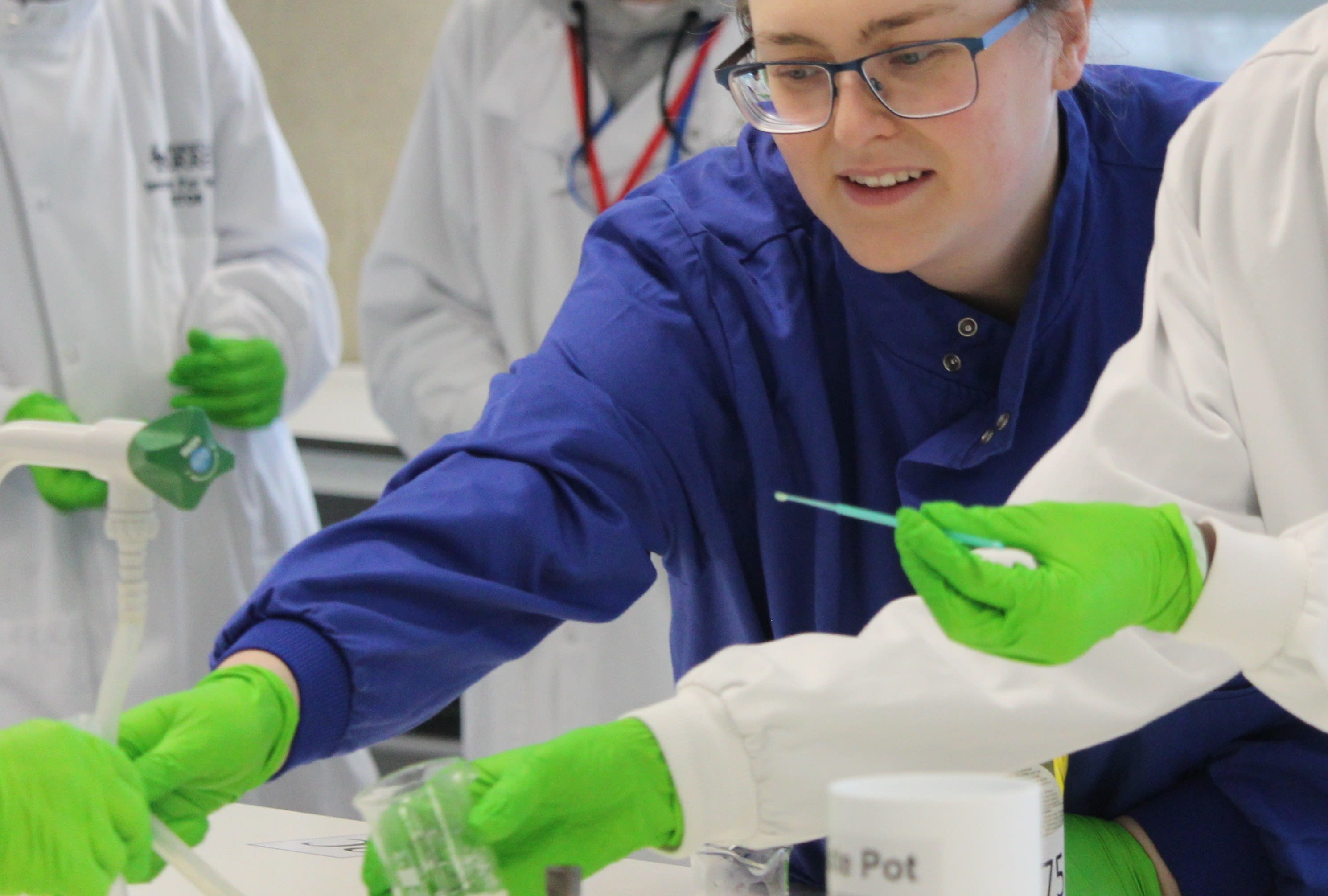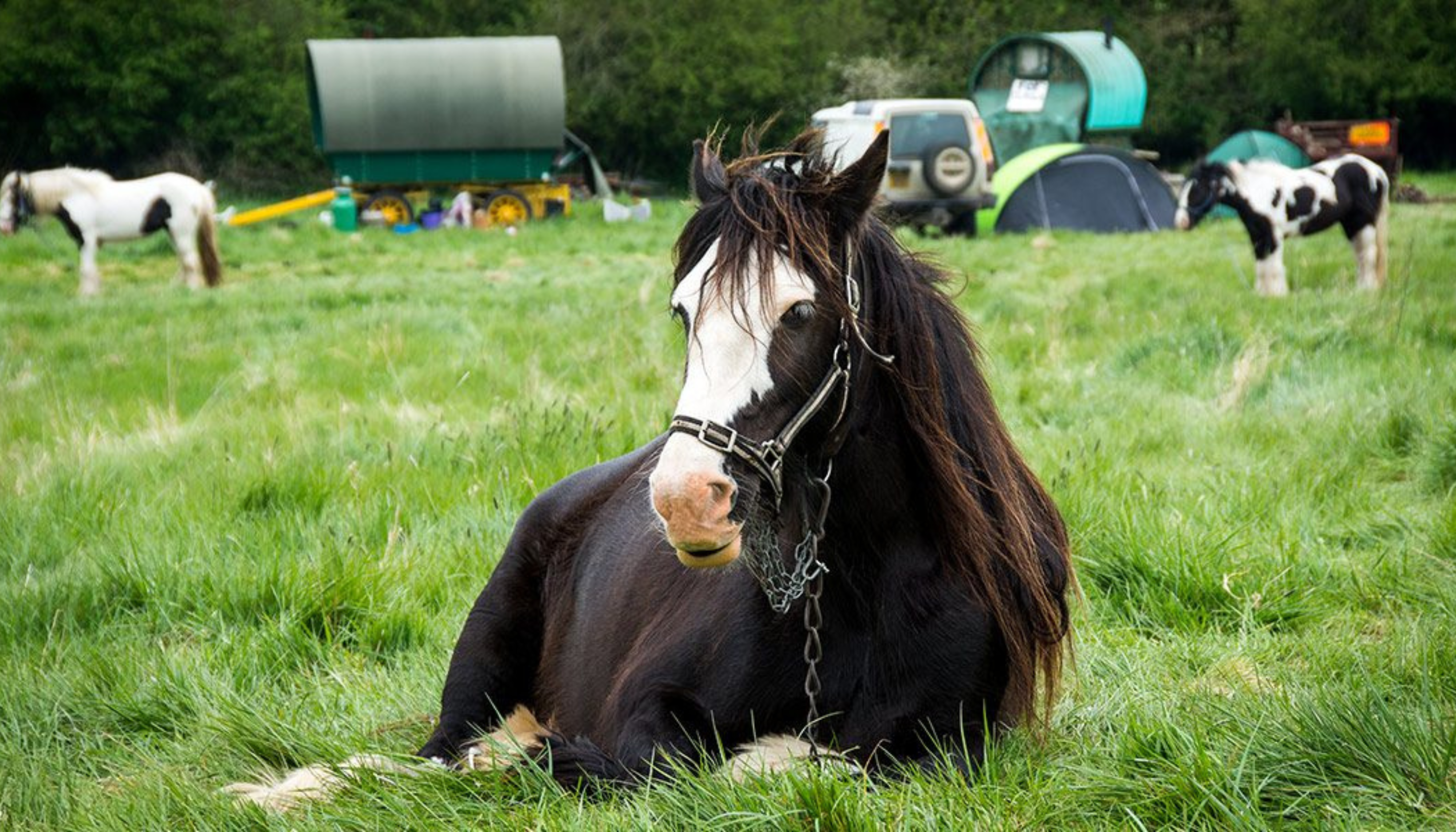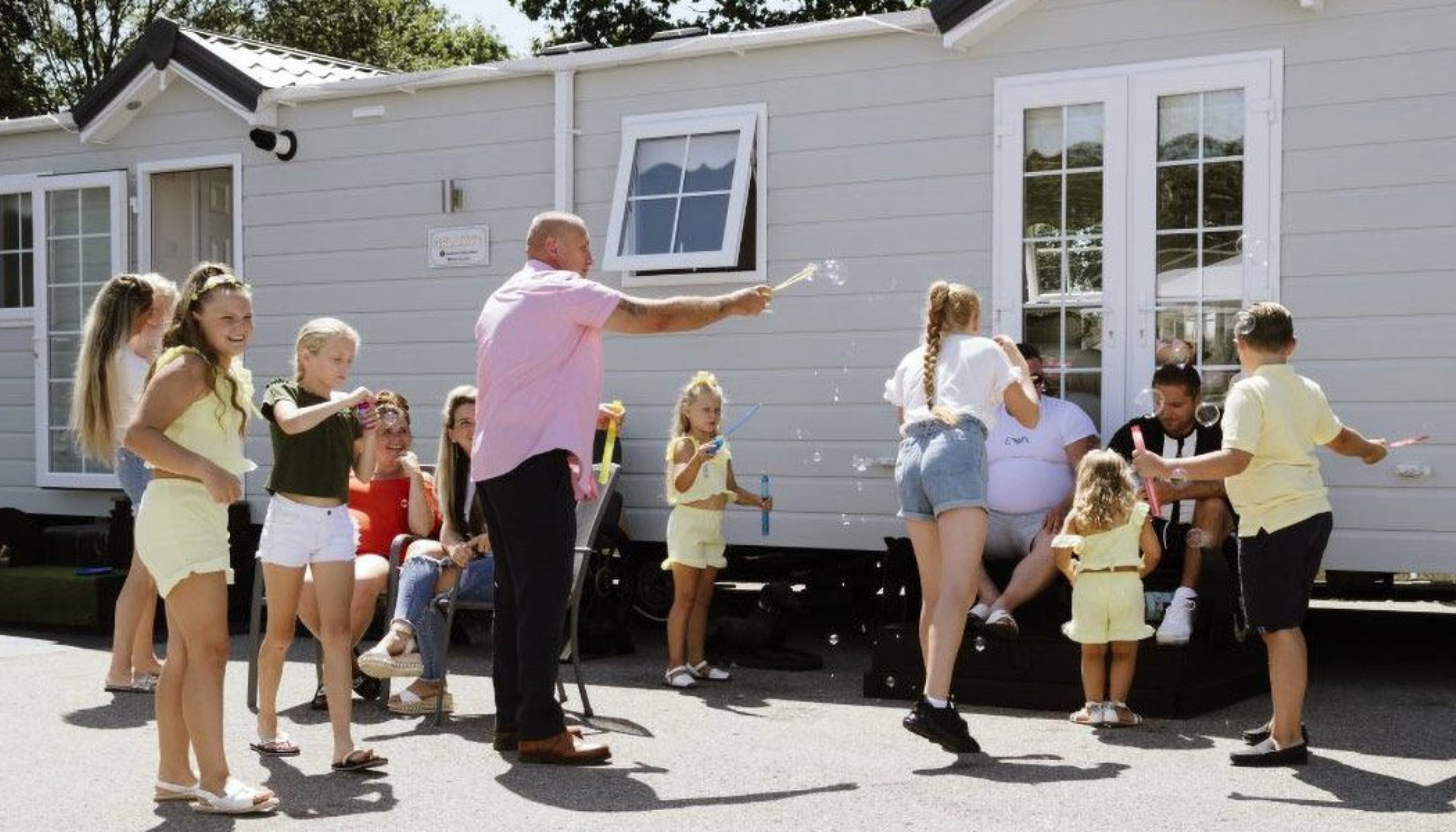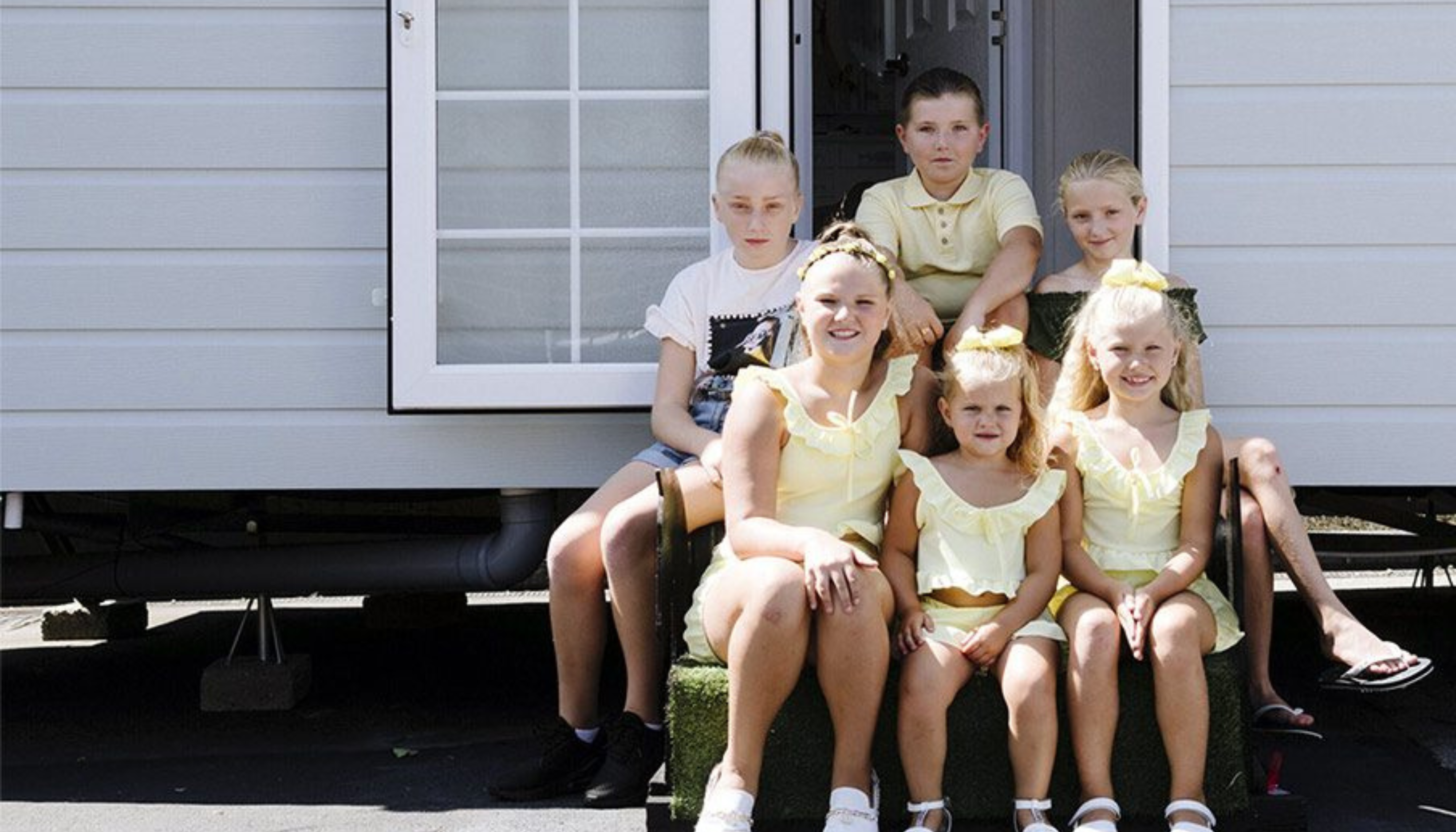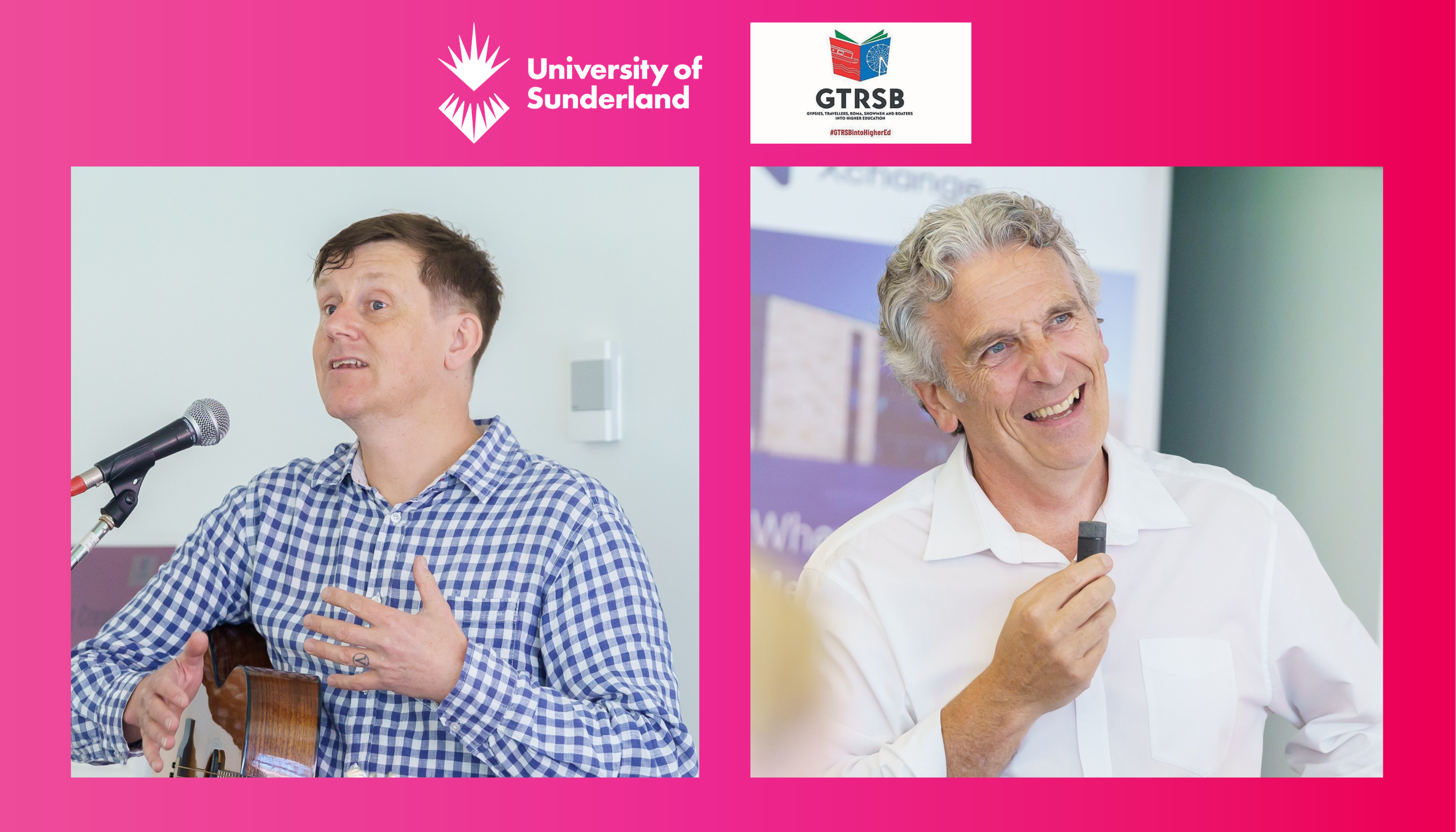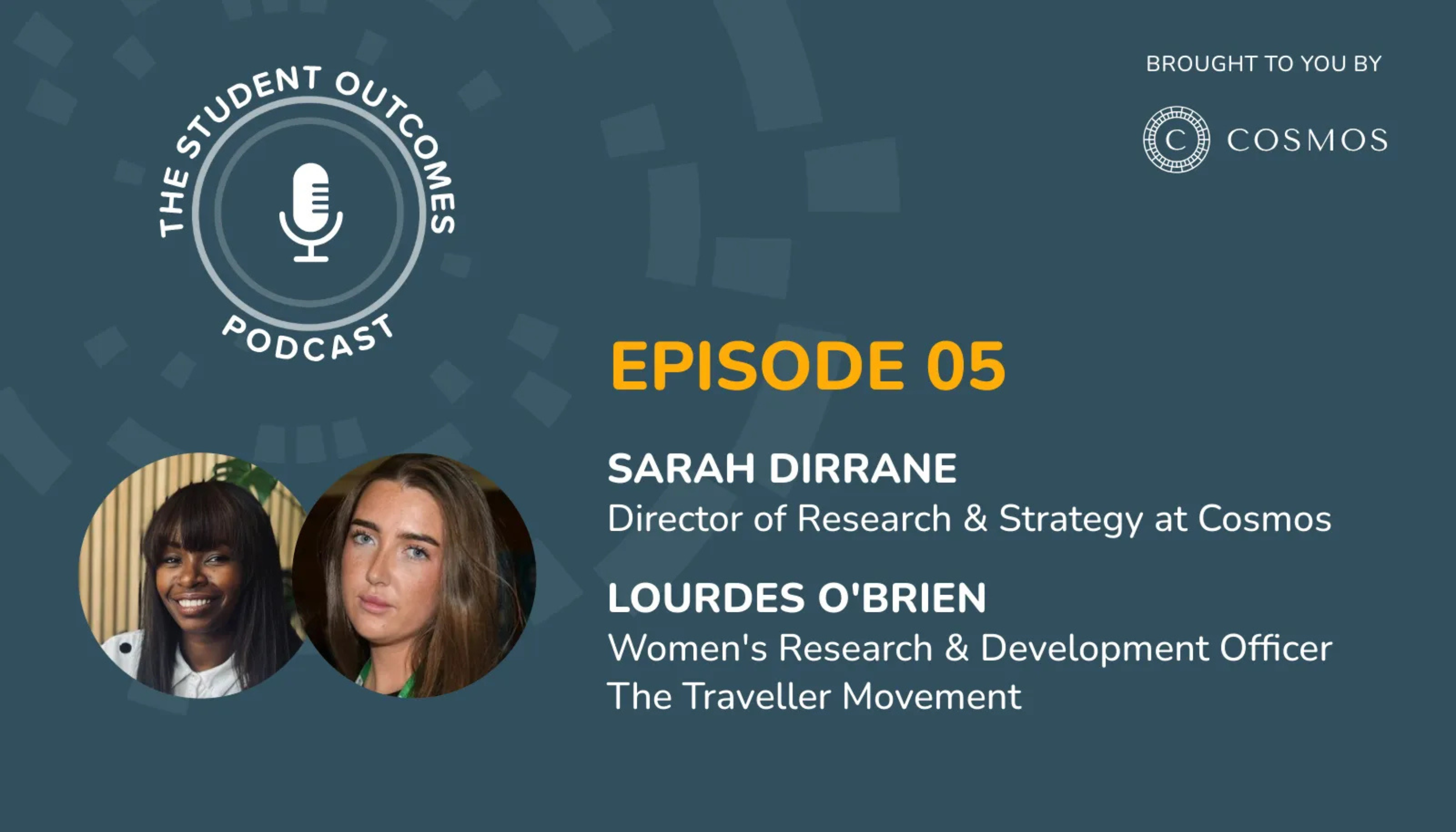Gypsy, Roma and Traveller History Month
Through celebration, education and raising awareness, Gypsy, Roma and Traveller History Month helps to tackle prejudice, change the story, and amplify the voices of Gypsies, Roma and Travellers in wider society.
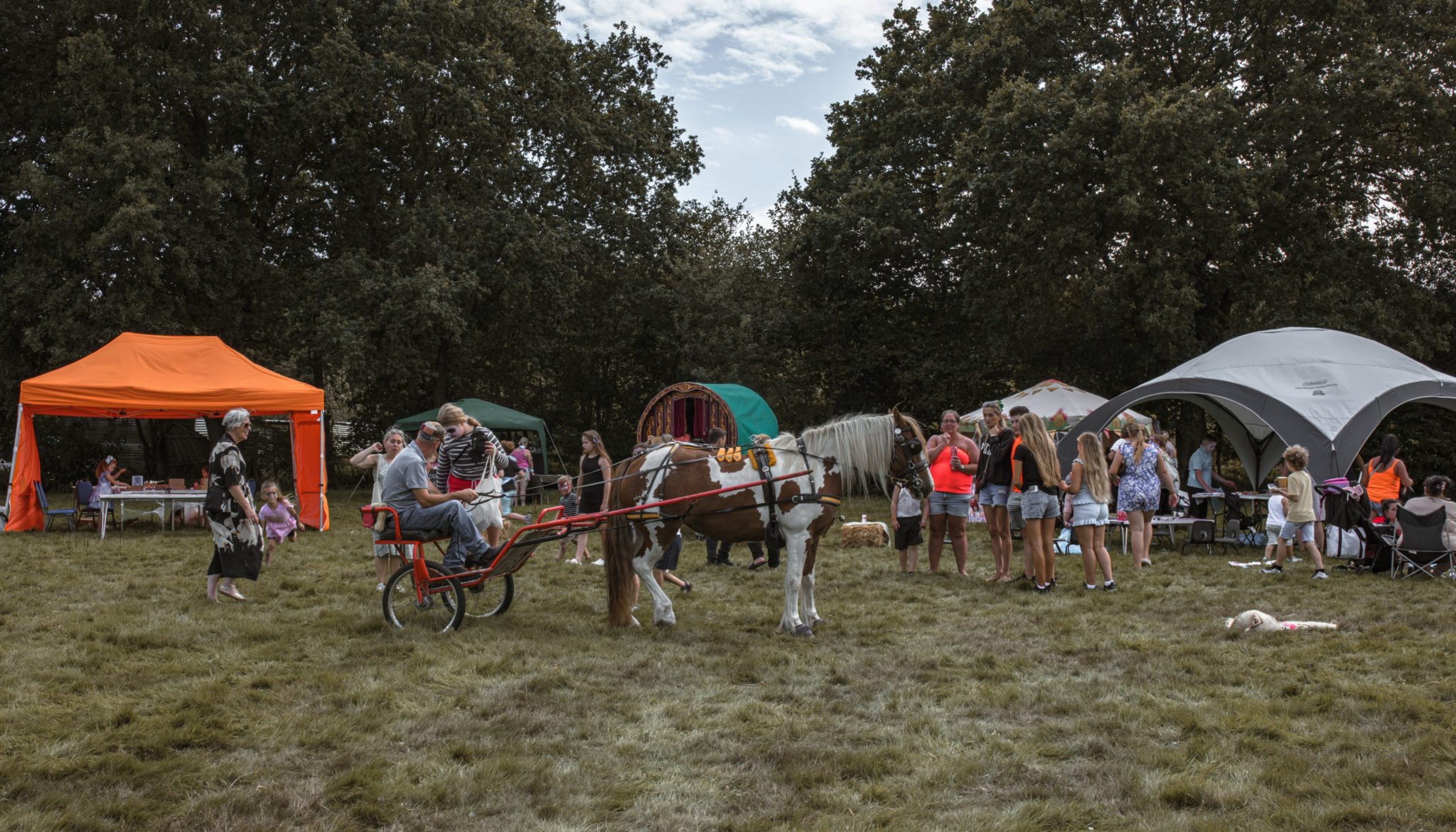
Every June since 2008, people from across the UK have celebrated Gypsy, Roma and Traveller History Month (GRTHM). Through celebration, education and raising awareness, GRTHM helps to challenge prejudice, amplify Gypsy, Roma and Traveller voices and reshape public understanding.
Although over 1 in 100 people in the UK are from Gypsy, Roma and Traveller communities, many may not share their ethnicity in fear of discrimination.
You may not be aware that peers, colleagues or friends are from a Gypsy, Roma, Traveller, Showfolk or Boater (GRTSB) community - Friends, Families and Travellers (www.gypsy-traveller.org/grthm/)
At Surrey we are committed to becoming a diverse and inclusive community. Ensuring equity of opportunity and experience for our current and future Gypsy, Roma and Traveller students and staff is a vital aspect of this work.
Current projects to put this commitment into action include our:
- Race Equality Charter and Access and Participation Plan, which set out our ambition and action plan to become a GRTSB Pledge University;
- Award-winning community and schools outreach programmes;
- ‘Future Leaders’ our new student success initiative launching in September 2025.
In addition, to mark GRTHM, staff are invited to attend GRT inclusive services training on Monday 16 June and the University’s first Widening Access conference on Wednesday 11 June. You’ll also spot the GRT flag flying on Stag Hill campus.
Most importantly, we want to hear from you. Are you a student or staff member from a Gypsy, Roma or Traveller community or are you working with community members. Help us to shape the University’s work to enhance our practice and inform the GRTSB Pledge. All of which you can find out more about below.
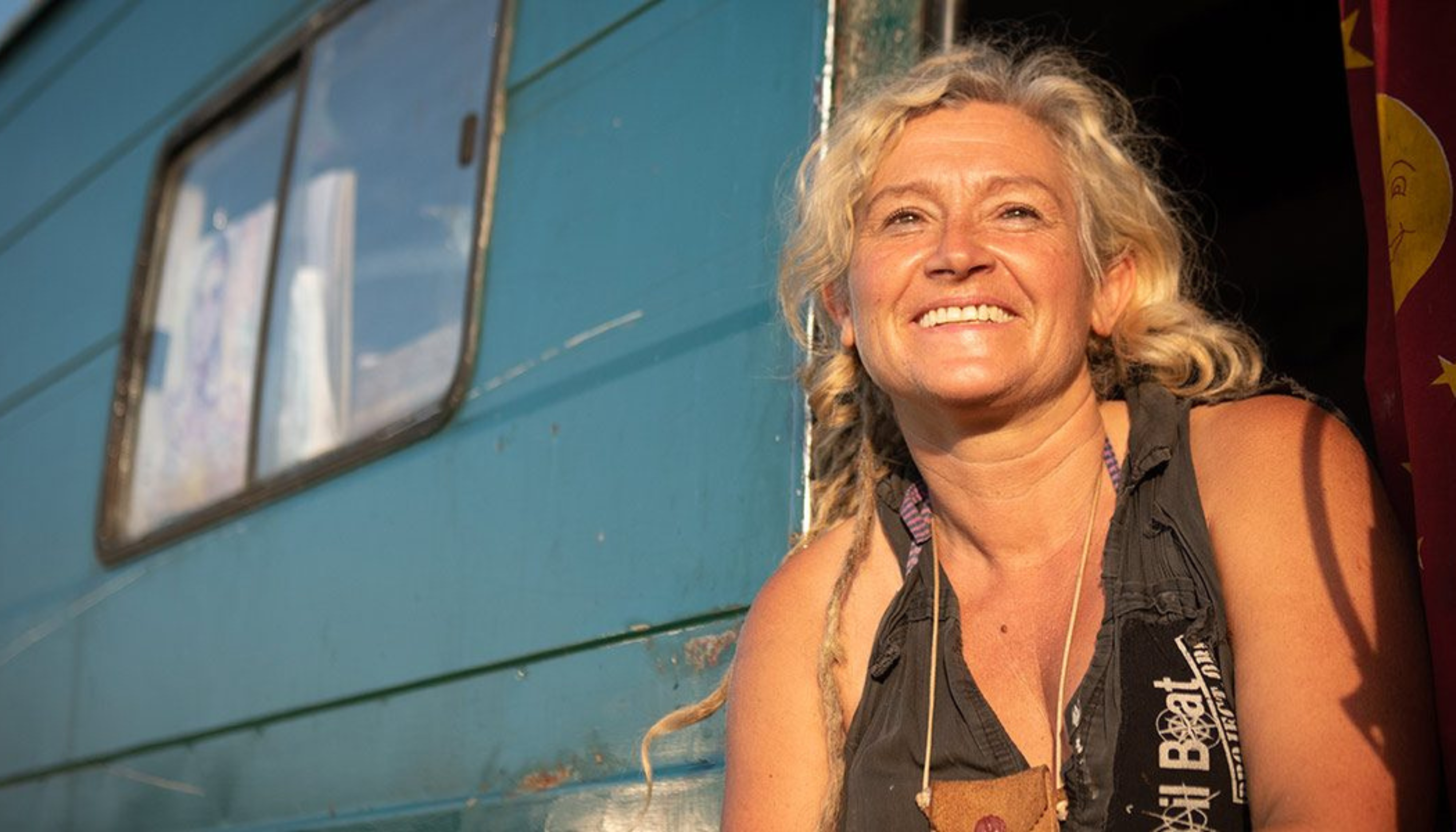
Tham's Story
I grew up in a travelling community in East London. My Da worked the rides so we moved across different fairground sites throughout the year. In the 70’s and 80’s there were many more open sites for us to stay than there is now and my Da was often able to find work in the local area when the rides weren’t operating.
Sadly, we had to leave the community and me and my brothers were put in a settled site and went to a permanent secondary school. For years afterwards, teachers worked hard on removing my accent and I was told that I shouldn’t tell anyone that I was a gypsy. In my early years of employment I was unable to get work if I declared my heritage and therefore I just stopped telling anyone who I really was and tried hard to become ‘just like everyone else’.
After a 15 year career span in the Civil Service and 10 years of being self employed I then joined the University of Surrey. I still didn’t declare my ethnicity for fear of persecution, but it wasn’t long before I felt comfortable to openly declare my ancestry. Instead of feeling marginalised, I was made to feel celebrated and this then encouraged me to stand tall and feel proud of my ancestry.
We run many outreach programmes that support young GRT students to feel confident and realise that they can achieve educational and career goals just like ‘everyone else’ and ultimately increase our visibility in Higher Education. There is still so much socially acceptable racism when it comes to the GRT community, mainly based on ignorance and generalisation and I feel that we can make this change, at least within our own University by encouraging students to stand tall and be proud without fear of reproach.

Amy's Story
I’m an Irish Traveller and grew up on a caravan site in North Wales. I think it’s fair to say I spent most of my childhood in poverty. Becoming a Vet was always the dream right from the start and, like most disadvantaged young people, I had my fair share of discouragement and disbelief from teachers and adults. By Year 13, I was working 30 hour weeks at Tesco supporting myself and my family. This combined with my mum being hospitalised during my exam season meant that I did not get the grades for vet school. I was absolutely devastated on results day but I wasn’t going to give up just yet. This is how I found out about the In2Surrey Scheme after searching on the University of Surrey website for information on vet school applications.
I sent the application off and I remember thinking how validating it felt to have my application and individual circumstances actually listened to. Having the opportunity to meet my mentor (a current vet student) was also amazing and I think a lot needs to be said about how important it was for me to have actual role models. The advice she gave me over the course of the online mentoring was really helpful and definitely took the edge off of some of my anxieties, particularly over being a gap year student. Ultimately, for me, the most significant aspect of the In2Surrey scheme was the reduced entry requirements. I didn’t have the opportunity to go back to my sixth form and, due to financial constraints, didn’t really have any other option bar teaching myself my resit exams. I did manage to make 4 levels of progress that year but this still left me 1 grade short of the entry requirements.
Thanks to the In2Surrey scheme, I did get into vet school. I’ve thrived whilst being at university. There has been so much support available, from my mental health, to financial situation; to academic and statistical tutoring that I feel I’ve actually been able to achieve my true potential, graduating with a 2:1 and achieving a 1st in many modules. I’ve also had the incredible privilege of working as a Student Ambassador, being able to share my experience and hopefully help young people in the same situation has been incredibly inspiring and has been the highlight of my university career.
In the coming weeks, I’ll be starting work as an Equine vet in Scotland. This is the absolute dream come true. I really could not be more grateful to the Widening Participation team for giving me this opportunity. I am extremely hard working and dedicated but the truth is that for disadvantaged young people this is often not enough. I needed people to believe in me and to give me a chance.
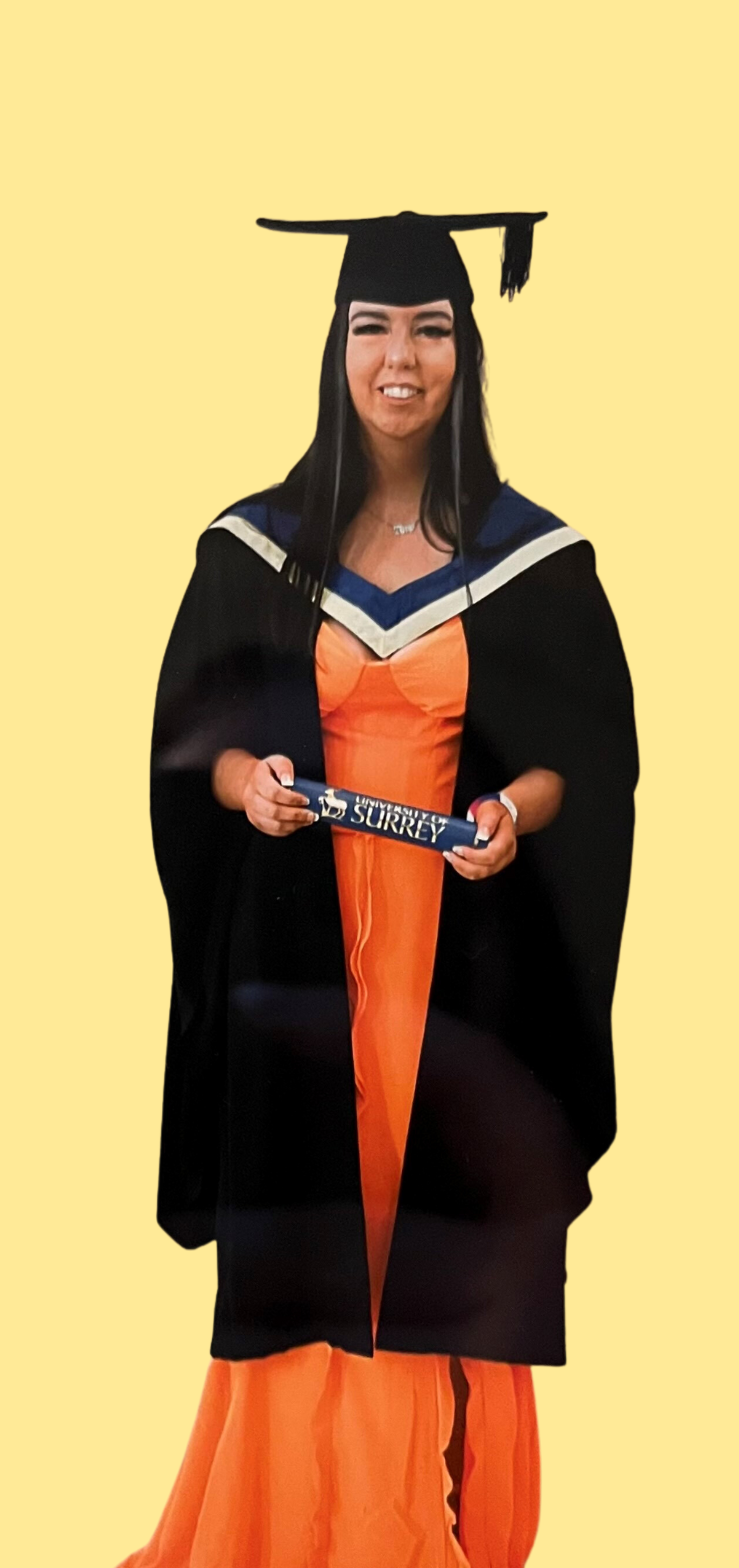
William's Story
Dr William Lanham-New, Senior Lecturer in Entrepreneurship and Innovation
Memory
I clearly remember my great grandmother: kind, with a gentle smile and black hair. Mercy Sparrowhawk (nee Smith) was from Romany heritage and married Tom Sparrowhawk (a non-Gypsy) way back. Tom was a ‘totter,’ a rag-and-bone man, and with his horse and cart would collect all sorts of materials from South London and the surrounding area to make money (cash). Their traits/ talents, both Mercy and Tom, were resilience, intuitive thinking, entrepreneurial (bootstrapping) and the courage to keep going. These skills were/are hugely influential on me and the journey I took.
Heritage and my journey
I am the first person from my magnificent family to attend University. I use the word magnificent, because I owe a depth of gratitude and appreciation of their hard work and resilience through generations. Like, my great-grandmother, Mercy, who once lived on the common in a ‘bender’ with her Mum and Dad (Billy), I had to show huge resilience to get through my studies, being thankful for every opportunity.
Heritage matters
Heritage matters, it is important, because we must not ever lose sight of where we have come from and our ancestors: the demanding work, their vision, their challenges and how they overcame them. I will leave you with a picture of the family horse, Silver Spirit, a grey Connemara.
Contact me
Want to chat? If you interested in talking, finding out more, please email me or see me. You can find me in 21MS03.
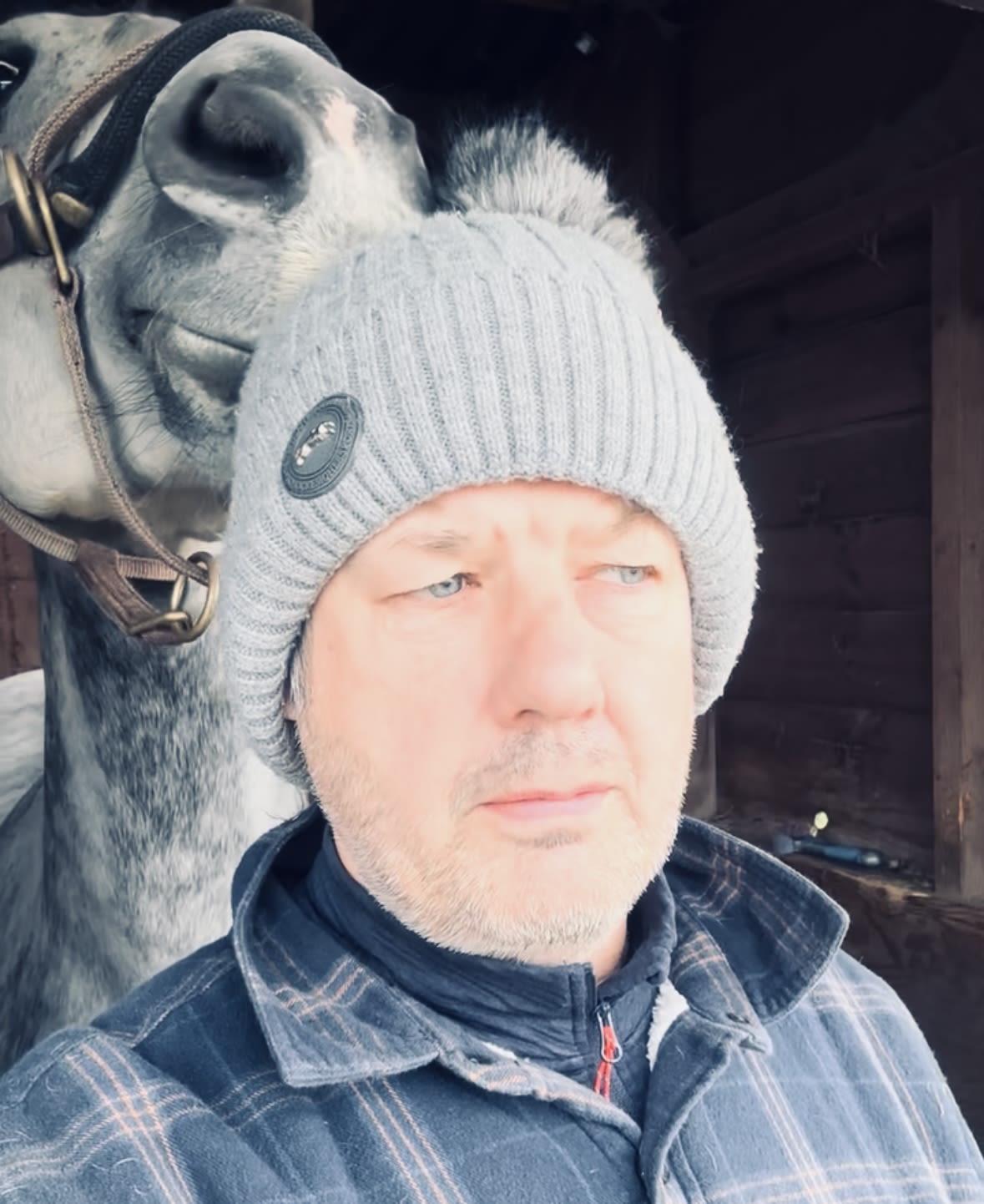
Are you a student or staff member from a Gypsy, Roma, Traveller, Showfolk or Boater community?
What is the University doing well and/or what could it do differently to support or improve your Surrey experience?
Complete this anonymous form to share your thoughts with the University’s Widening Participation and Success Team
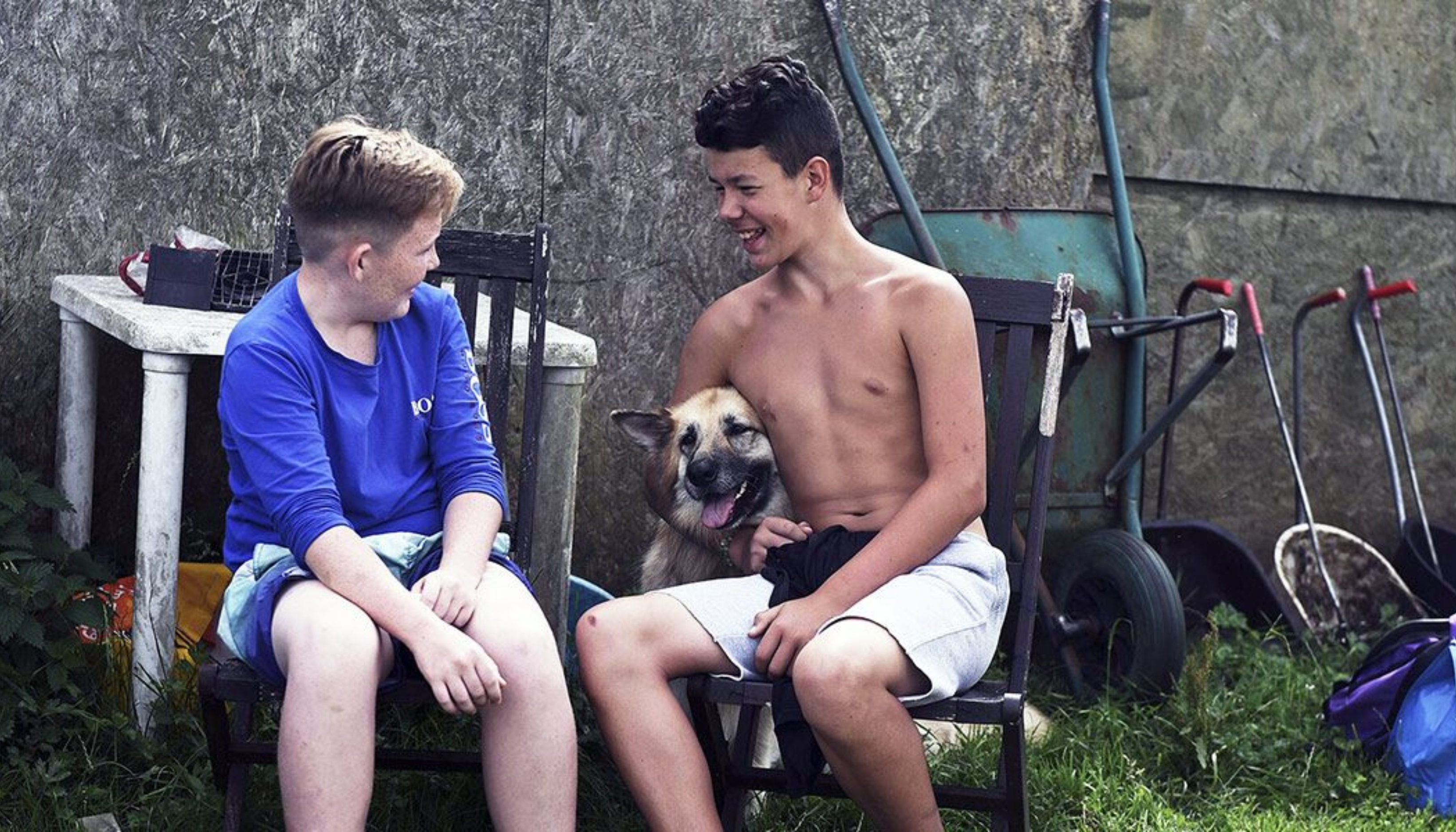
GRTSB Pledge
Ensuring equity of opportunity for Gypsy, Roma, Traveller, Showfolk and Boaters (GRTSB) in Higher Education. The GRTSB Pledge is a firm commitment by a University to undertake steps to support GRTSB students into and within higher education. The Pledge has been developed in consultation with community members; civil society organisations, university representatives, and education policy specialists, and is underpinned by robust research.
To do this we need to know what activity is already taking place across the University.
Find out more about the pledge here: https://www.bucks.ac.uk/about-us/what-we-stand/gtrsb-higher-education-pledge
Are you working with GRT communities or community members?
Events
Widening Access Conference hosted at Surrey
Wednesday 11 June 2025
10:00am - 3:30pm (University of Surrey)
The Widening Participation Team at the University of Surrey is hosting our first conference, a collaborative approach to supporting under-represented learners from across Surrey to access higher education. We are inviting local professionals and community leaders from education, public, private, charity and voluntary sectors, alongside elected representatives, who are investors in young people.
Online Gypsy and Traveller Inclusive Services Training
Monday 16 June 2025
10:30am - 12:30pm (Online)
Explore the common barriers Gypsies and Travellers face when trying to access services. See good practice examples and actionable recommendations for organisations reduce these barriers, making their services more accessible to Gypsies and Travellers.
Romany Day - Heritage Hub, Surrey
Tuesday 24 June 2025
11:30am - 3:00pm (Park Barn Dr, GU2 8EN)
The event typically features craft demonstrations, musical performances and discussions about Romany history and tradition.
No need to book! Free entry and parking
What we do at Surrey
How Clean is Your Classroom?
A 3 day programme for Year 5 students to become mini scientists and learn about Bacteria.
Surrey Scholars
Surrey Scholars is a progressive extra-curricular programme of hybrid activity in preparation for GCSEs, Further and Higher Education. Students from a Gypsy, Roma, Traveller community can benefit from our flexible model, which enables learners to access as much content and opportunity as they feel is beneficial in support of their current studies and future pathways.
Surrey STARS
Surrey STARS is the sustained tracking of attainment-raising in schools, working collaboratively with secondary partners from across the local area towards achieving higher GCSE grades amongst eligible learners that include students from a Gypsy, Roma, Traveller community.
SCROLL DOWN FOR GYPSY, ROMA AND TRAVELLER PEOPLE, CULTURES, AND TRADITIONS THROUGHOUT HISTORY
998AD
People with Roma heritage travelled from
northwest India as prisoners, slaves and soldiers.
Theories suggest 60,000 Roma people were forcibly enlisted to the army of Mahmud of Ghazni and after his death, were expelled from Indian territories and driven to nomadism.
1100s
Ancient laws in Scotland recognise a community of people called ‘tinklers’ from their occupation as tinsmiths.
They are viewed differently to mainstream society, seen to have their own customs and dialect.
1200s
Roma people in the territories of modern day Romania were taken as slaves and forced to work in monasteries, mines and in fields.
Slaves were the property of their owners, bought and sold in their hundreds. It was not until 1856 that the Moldovian and Wallachian
Assemblies abolished slavery within their principalities.
1500s
Romany Gypsies first recorded in England were incorrectly thought to have travelled from Egypt.
In 1530, Henry VIII’s ‘Egyptians Act’ expelled Romany Gypsies in England. In 1554, Queen Mary ruled that being a Gypsy was punishable by death.
1600s
Irish people began to split from the general population around 12 generations ago in the 1600s - ‘an lucht siúil’ (the walking people)
became known for storytelling and sharing songs from city to city.
1940s
Roma and Sinti people, sometimes called the ‘forgotten victims’ of the Holocaust were deported to concentration camps, subject to
mass murder and horrific medical experimentation by Nazi soldiers.
Over 200,000 Roma and Sinti were murdered or died as a result of starvation or disease.
1963
The Report of the Commission on Itinerancy is the first systematic attempt by the Irish government to settle Travellers in Ireland,
aiming to force families off the road, into bricks and mortar accommodation.
2000
Irish Travellers recognised in British law as an ethnic group, following a legal challenge in court brought by eight individuals refused service at five pubs in London.
2004 - 2007
Following expansions of the European Union, there is an increase in migration of Roma people to the UK from across Europe.
2008
Scottish Gypsy Travellers recognised as an indigenous minority ethnic group in Britain.
2017
Irish Travellers are recognised as a distinct ethnic group in Ireland, and recognised as Ireland’s only indigenous community.
2020
Eileen Flynn becomes the first Irish Traveller to become a senator in Ireland.
The High Court rules that Local Authorities are no longer able to issue blanket bans on Gypsies and Travellers stopping on parcels of land, recognising that ‘the Gypsy and Traveller community have an enshrined freedom not to stay in one place but to move from one place to another’.
The Police, Crime, Sentencing and Courts (PCSC) Act becomes law. The new law means nomadic Gypsy and Traveller people are at risk of having vehicles (homes) confiscated, fines and imprisonment.
2022
The planning definition of ‘Traveller’, which states anyone not travelling for more than 12 months, even if due to old age or ill-health, is not considered a ‘Traveller’, is declared ‘discriminatory’ by the Court of Appeal, in a cases supported by Friends, Families and
Travellers (FFT).
2021 Census has for the first time ever included ‘Roma’ as an ethnic category, with the official population declared at over 100,000 people. Population increases are also seen for Romany Gypsy and Irish Traveller people.
2023
Supreme Court rules ‘Anti-Traveller’ wide injunctions have a negative impact on Gypsies’ and Travellers’ ability to pursue a
nomadic way of life, but rejected an appeal lodged by FFT, London Gypsies and Travellers (LGT) and Derbyshire Gypsy
Liaison Group (DGLG), against the granting of wide injunctions against ‘Persons Unknown’.
2024
New powers brought in by the Police, Crime, Sentencing and Courts Act 2022 challenged at the High Court by Wendy Smith, a Romany Gypsy, with FFT and Liberty acting as
Interveners.
The Equality and Human Rights Commission finds Pontins Holiday Park acted ‘unlawfully’ against Irish Travellers, following an investigation into the holiday park’s blacklist of Irish-sounding names.
May 2024
High Court declares parts of Police, Crime, Sentencing and Courts Act 2022 (PCSCA) in breach of the European Convention on Human Rights.
December 2024
Planning definition of ‘Traveller’ reverts to more-inclusive pre-2015 definition, which better reflects accommodation needs of many Gypsies and Travellers.
March 2025
The UN’s Committee on Economic, Social and Cultural Rights calls for repeal of PCSCA’s eviction powers against roadside camps.
Friends, Families and Travellers
Education Pack
This pack will guide you through what you can do to raise awareness and celebrate Gypsy, Roma and Traveller History Month.
Resources
Every June since 2008, people from across the UK have celebrated Gypsy, Roma and Traveller History Month (GRTHM). Through celebration, education and raising awareness, Gypsy, Roma and Traveller History Month helps to tackle prejudice, change the story, and amplify the voices of Gypsies, Roma and Travellers in wider society. Here you can find all of the different resources that FFT have put together over the years to help organisations, schools and individuals get involved and celebrate GRTHM
Storytelling and Song Online Masterclass
Tuesday 10 June, 9:30am - 10:30am (Online via MS Teams)
Recommended for pupils in years 4 to 6. This unique opportunity for pupils to join acclaimed author, Richard O’Neill MBE, and professional musician George Hoyle to learn more about the creative songwriting process is not to be missed. This interactive masterclass will be held on Microsoft Teams.
Walking Two Paths: An Irish Traveller’s Perspective on Education
Sean talks about experiencing direct discrimination in school, being the only Irish Traveller at university, and how he is now using his voice to fight for change - tackling coerced exclusions and advocating for Traveller students.
Walking Two Paths: An Irish Traveller’s Perspective on Education
Lourdes shares how she navigated school and university while balancing cultural expectations, challenging stereotypes, and proving that education can be an option for Traveller women.
Landmark report on young Gypsy, Roma and Traveller people’s experiences of the criminal justice system
FFT's new report, Trapped in the Turnstile, offers rare insights into how the criminal justice system affects young Gypsies, Roma, and Travellers and their families. Essential reading for justice professionals, it includes powerful recommendations for change.
